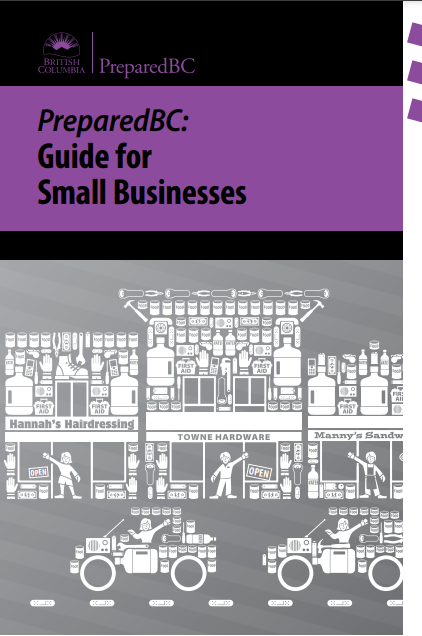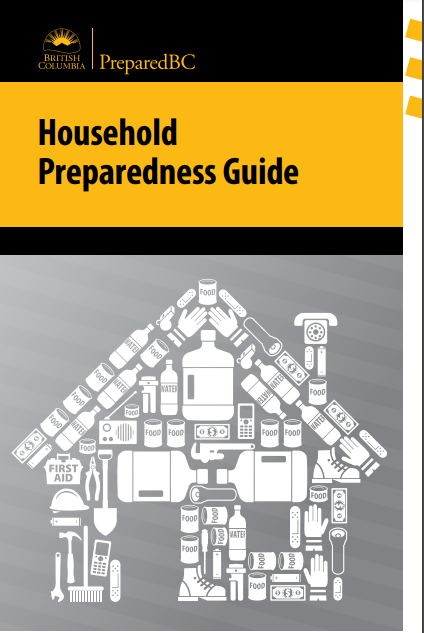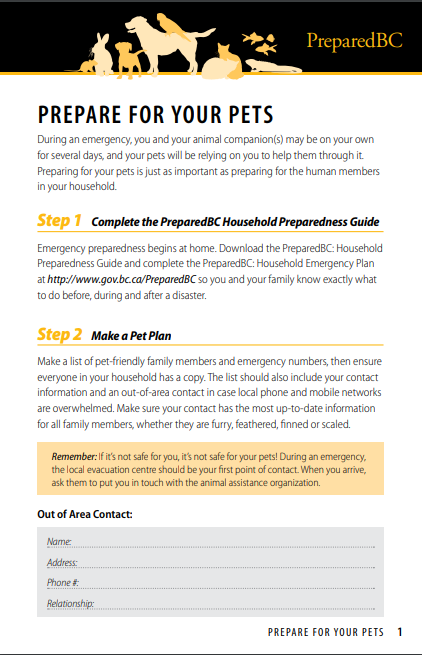Emergency Plans
Every Chilliwack household needs an emergency plan. Emergencies and disasters can happen when your family members are not together and things like phone lines, power and water may not work. Having a plan and practicing it removes some of the ‘unknown’ in an emergency or disaster situation.
Some of the things to consider in an emergency plan:
- Assess the risks of your area and ensure your plan responds to them.
- Have two exits from every bedroom in your home to the outside listed.
- Establish two family meeting places: one outside your home and one outside your neighbourhood, within a few blocks of your home.
- Think about whether any members of your family have special needs, such as medications, and plan for them.
- Plan for your pets.
- Assign other people to pick up your children from school or daycare if you are unable and make sure the daycare or school knows they have the authority to do so.
- Save copies of documents like birth certificates, prescriptions and home insurance on a password protected memory stick. You can also photocopy them.
- Complete the PreparedBC Household Emergency Plan.
Preparing Your Family
- Prepare your emergency kits and make sure everyone knows where they are.
- Teach all family members how to turn off utilities, use a fire extinguisher and call 9-1-1.
- Familiarize all family members with the emergency plan.
Family Communication in an Emergency
There is no way to know which communication services will work after a disaster. Phone systems may be damaged, cell networks may be down and the internet may not be available. Consider these points as you plan:
- Immediately after a disaster, phone systems may be congested. To ensure life safety calls get through keep calls brief and limit phone use where you can.
- If you have a landline, make sure that you have at least one phone that does not require power and have other methods to communicate with family.
- Keep your cell phone charged. Do not wait for it to be dead before charging. To save power, turn off extra features like Bluetooth, location services and mobile data.
- Consider getting a battery charging pack for your electronic devices.
- Consider establishing an out-of-area contact that all members of your family will check-in with after a disaster. Ideally this person would be located somewhere not impacted by the same disaster as you (e.g. out of province).
 |
 |
 |
||
| PreparedBC: Guide for Small Businesses |
PreparedBC: Household Preparedness Guide |
PreparedBC: Pet Preparedness Guide |
